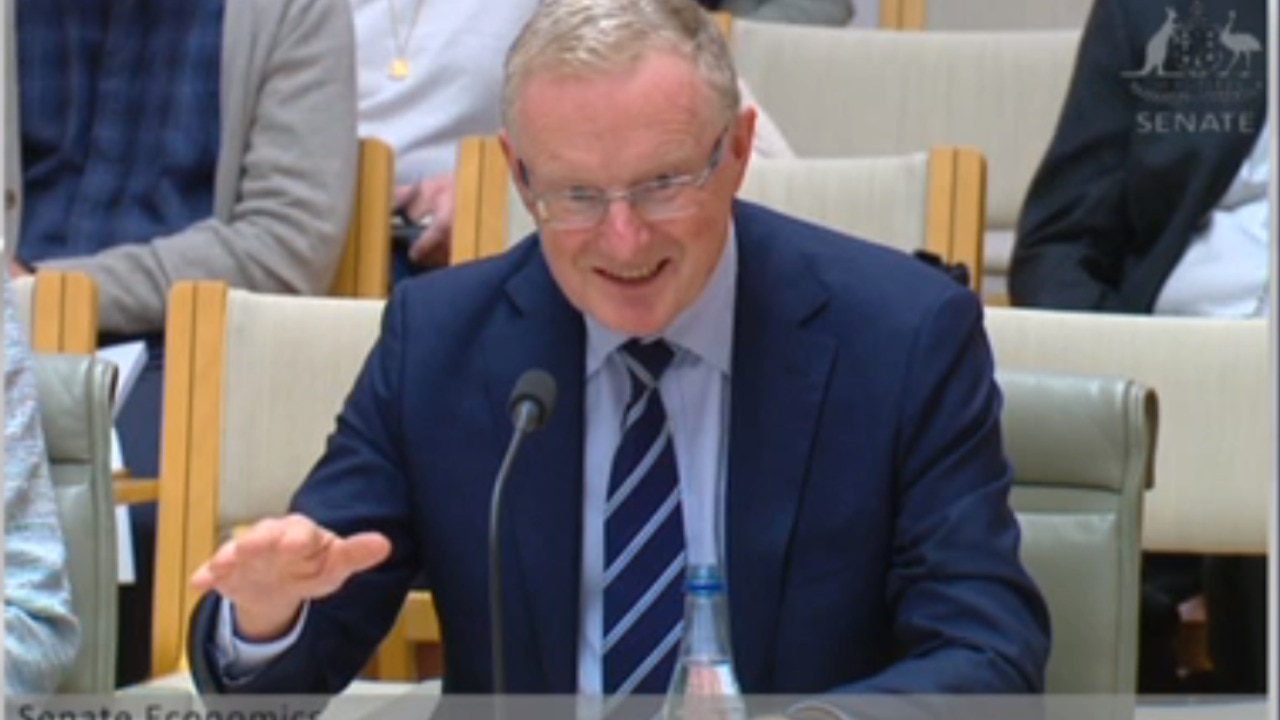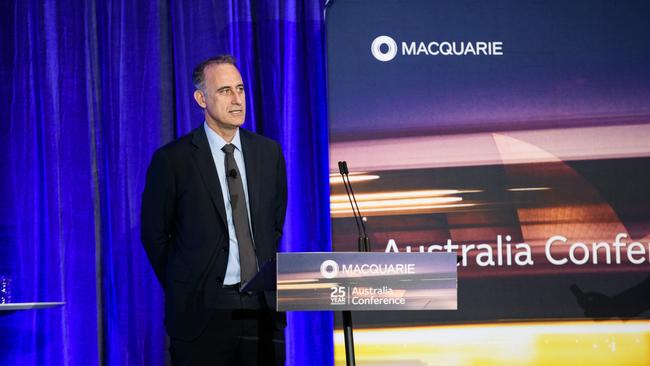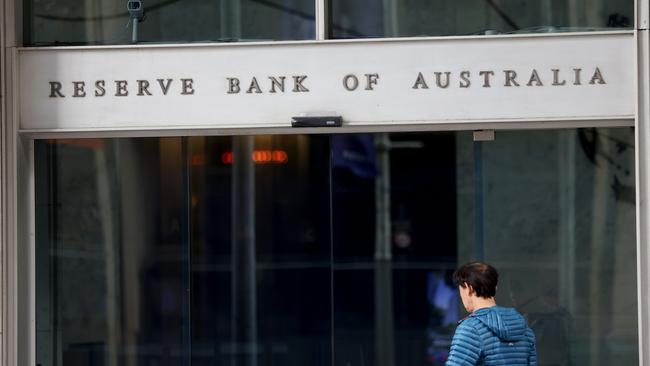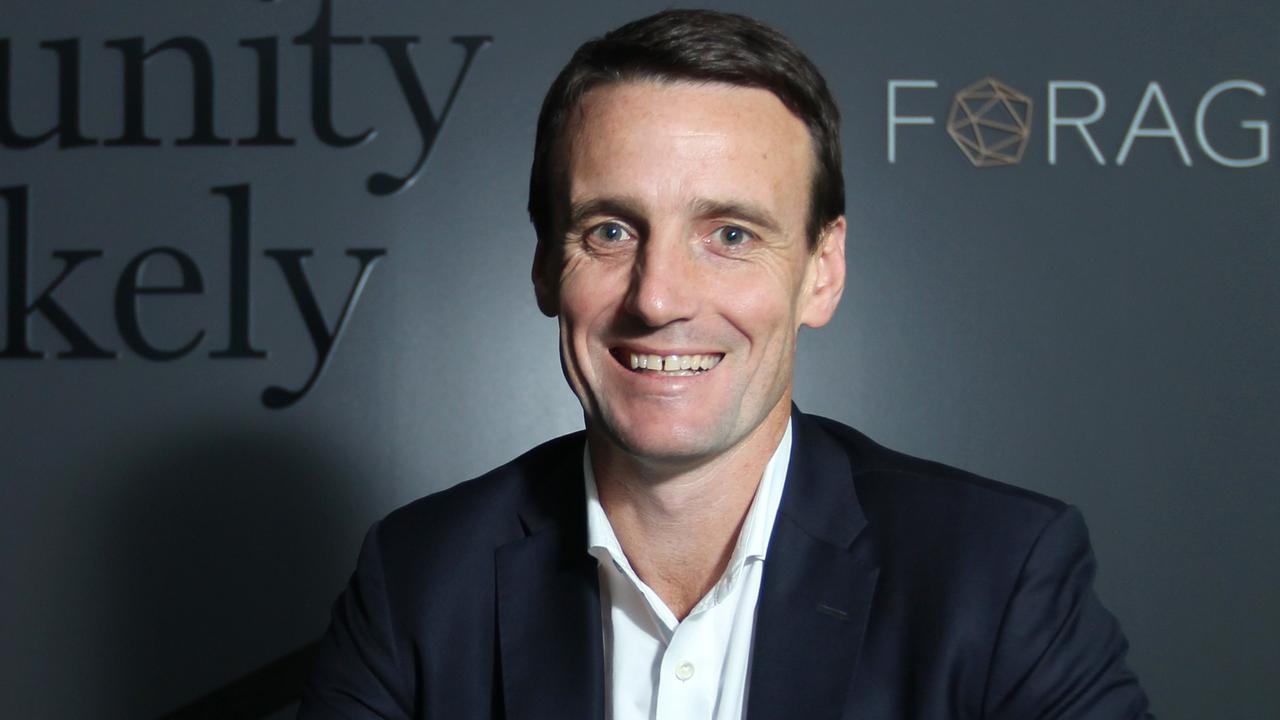Macquarie’s Shemara Wikramanayake tips migration, resources to underpin economy
Macquarie’s chief says population growth and natural resources activity will help the nation avert a deep economic downturn.

Macquarie Group chief executive Shemara Wikramanayake says population growth and natural resources activity will support the Australian economy this year, helping the nation navigate a milder downturn than that expected in many larger markets offshore.
Ms Wikramanayake told the Macquarie Australia Conference in Sydney that financial markets faced “a time of particular uncertainty”, as central banks continued to fight inflation around the world and geopolitical risks persisted.
“Central banks are needing to respond … to stop inflation becoming entrenched,” she said, ahead of the Reserve Bank lifting the cash rate for the 11th time over the past 13 months. “It certainly looks like we’re globally in a situation where the central banks need to keep responding to rein in inflation.
“In Australia as well, if inflation persists then we are going to have to take action to slow the economy.”
The RBA flagged on Tuesday that further tightening of monetary policy may be needed, as it works to return inflation to within its target 2 per cent to 3 per cent band.
Ms Wikramanayake said population growth domestically, helped by stronger migration, and activity in resources and renewable energy markets would buoy this market, protecting against a deep economic downturn.
“The population growth we have … immigration has really picked up again. So that is going to drive underlying growth here, which will shield us a bit from the extent of the downturn that our global peers are going to have.
“We are also blessed with things like access to our own commodities.
“We (Australia) should be reasonably well placed to respond (to a macroeconomic slowdown).”
Since coming to power, the Albanese government has raised Australia’s migration cap and signalled an overhaul of the visa system, as it seeks to plug labour shortages and attempts to make processes more efficient.

In September, the number of permanent migration visas available for this fiscal year was raised from 160,000 to 195,000.
Wesfarmers chief executive Rob Scott told The Australian on the sidelines of the conference that while migration and population growth would boost consumer demand, policymakers had to consider that alongside other factors.
“Certainly it supports demand, but we need to make sure that we’re providing the housing services, the infrastructure to support a higher population and that’s very important,” he said.
Ms Wikramanayake’s and Mr Scott’s comments came ahead of the RBA surprising financial markets with a 25 basis point rate rise on Tuesday, taking the cash rate to 3.85 per cent. Financial markets were largely expecting the central bank to keep the cash rate steady at 3.6 per cent this month, given tempering levels of inflation and softening consumer spending.
The US Federal Reserve also meets this week to consider its policy settings.
On the topic of interest rate rises and inflation, Mr Scott noted governments and policymakers had to also consider supply-side measures and other issues weighing on the economy in 2023.
“The issues that one should be considering are some of the domestic factors … that are putting pressure on costs and prices,” he said.
“Those domestic factors in many ways can be dealt with, with supply-side measures rather than monetary policy measures.
“That’s not to say that monetary policy actions are not required; they might well be, but really I think there’s a lot that can be done to improve the pressure on housing, to improve domestic transport costs, to improve labour availability.
“These are the things that certainly should help reduce the cost of doing business, which will then put less pressure on prices.”
Mr Scott said Wesfarmers was seeing the price of raw materials and many international supply chain costs normalise after hitting highs during the worst of the pandemic, but pricings pressures were persisting in areas such as labour, energy and domestic transport.

Ms Wikramanayake said although the RBA rate increases in the past 12 months were impacting household budgets and businesses, Australian consumers and companies were well positioned to be “a bit more resilient” than their counterparts in other economies.
As well as sharply higher variable-rate mortgage repayments, borrowers are also grappling with higher prices across many goods and services.
Ms Wikramanayake reminded attendees at the conference that the cash rate was still some way below the 5 per cent it was in 1998 when Macquarie held its inaugural conference.
The Macquarie investor event — in its 25th year — brings fund managers and companies together in Sydney for presentations and private meetings.
Ms Wikramanayake also used the event to discuss structural change occurring in the economy, as it transitions to cleaner forms of energy, and the uptake of new technologies accelerates.
She noted digital developments and artificial intelligence were disrupting virtually every sector.
“There are challenges and threats, but there’s also huge opportunities,” Ms Wikramanayake said, adding that Macquarie was drawing on machine learning in areas including onboarding customers and fraud prevention.
“Like with the industrial revolution there’s a fear that it’s going to be the end of employment and jobs, but actually employment rocketed as part of the industrial revolution.”
On decarbonisation trends, Ms Wikramanayake said international markets would require “a lot more solutions” to attract further capital and meet net zero targets.
Macquarie reports its full-year results on Friday and analysts expect a net profit of about $5bn for the year ended March 31, surpassing 2022’s record $4.71bn result.






To join the conversation, please log in. Don't have an account? Register
Join the conversation, you are commenting as Logout